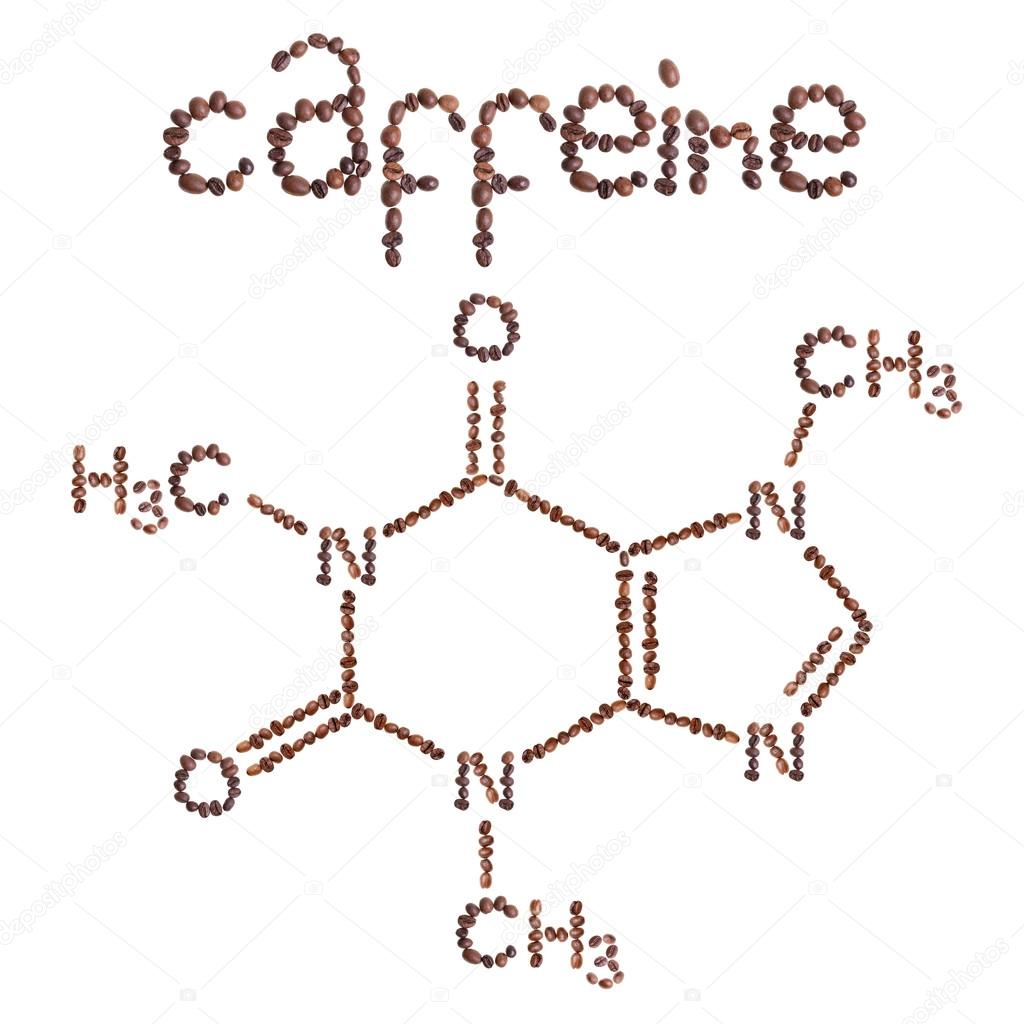
#200 mg of caffeine half life how to#
These studies also show caffeine causes problems with falling asleep and can even decrease total sleep time at night by up to an hour! How to adjust your caffeine consumption for better sleep Studies of patients via polysomnography, or in a sleep lab with brain monitoring, have shown that caffeine consumption even as early as six hours before bedtime can reduce sleep quality as well as, potentially, decrease deep sleep such as REM sleep. Sleep studies of people who drink caffeine This is why it is so important to try and limit your caffeine consumption to early in the day as much as possible in the setting of sleep health. Fast forward to 3:00 am, and there still might be a quarter cup of that coffee from twelve hours ago still in your body, negatively impacting your sleep. So, the large cup of coffee you drink at 3:00 pm is only half gone by 9:00 pm when you might be getting ready for bed.

This means it takes six hours for the caffeine you consume at any given point to be reduced by half in the body. Caffeine’s half-life – why does it matter?Ĭaffeine’s half-life is about six hours. If you drink too much caffeine, you can experience headaches, anxiety, shakiness, and insomnia. Caffeine has even been found to delay the body’s ability to secrete melatonin, a natural hormone that induces sleepiness in response to darkness, making it difficult to get restful sleep. Caffeine also increases your blood pressure and heart rate and can cause you to produce more urine since it also has diuretic properties. This is why many of us rely on our morning cup of coffee to help us wake up. Caffeine’s effects on the bodyĬaffeine acts as a central nervous stimulant and as such can give you a sense of feeling more awake and having more energy. There is also synthetic or man-made caffeine which can be added to certain medicines like pain relievers or energy drinks. Coffee and black teas contain the most caffeine per ounce. In general, a standard 8–12 oz caffeinated beverage can contain anywhere from 14–200 mg of caffeine per serving. Most of the world consumes caffeine in liquid form.


Limiting caffeine consumption to early in the day (or to even none at all) is beneficial for sleep health.Ĭaffeine is bitter tasting substance that occurs naturally in over sixty plants, including:Ĭacao pods (which are used in chocolate products).


 0 kommentar(er)
0 kommentar(er)
